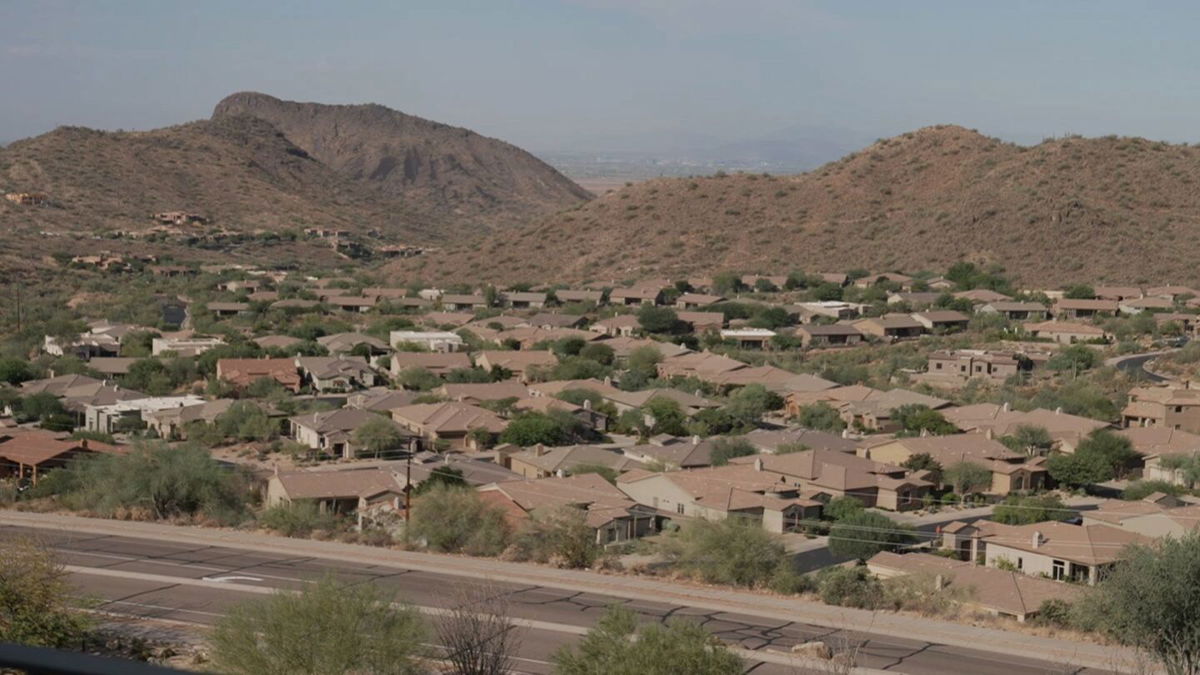Scottsdale bans natural grass in front yards of new houses to conserve water amid Arizona’s drought

Most of the Scottsdale water customers who responded to a survey support the ordinance
By Mitchell McCluskey and Holly Yan, CNN
(CNN) — As drought-stricken Arizona bakes in searing heat, the Scottsdale City Council unanimously agreed this week to ban natural grass in front of future single-family homes in an effort to conserve water.
The new ordinance will apply to new houses constructed or permitted after August 15.
“By adopting this ordinance, Scottsdale aims to lead the way in water conservation practices, setting an example for other communities across the region,” said Brian Biesemeyer, executive director of Scottsdale’s water department.
According to Scottsdale City Council, feedback gathered from Scottsdale Water customers in June found that 86% of those who responded supported the ordinance.
“It’s a positive step that supports responsible use of our water resources and an initiative that works in tandem with Scottsdale Water’s existing residential and commercial rebate programs that offer water saving options and maintain the beauty and functionality of Scottsdale’s neighborhoods,” the city council said in a news release.
In recent years, Arizona has implemented various methods to conserve water as the Southwest grapples with soaring temperatures, groundwater shortages and drought conditions.
In June, Arizona announced limits on construction in the Phoenix area due to rapidly disappearing groundwater. The crisis comes amid years of water overuse and climate change-driven drought.
Parts of Arizona have been in a long-term drought since the mid-1990s, according to the Arizona State Climate Office.
Prior to the natural grass ordinance, Scottsdale officials asked residents to use 5% less water, and city government operations reduced their water usage by 9%. Ultimately, the city saved about 657 million gallons of water, the city council said.
Across the state, Arizonans are sweltering from weeks of scorching temperatures. Temperatures in Phoenix, for example, have reached 110 degrees Fahrenheit every day this month.
And meteorologists expect the weekend heat will be record-breaking, reaching a staggering 119 degrees in some parts.
The dangerous temperatures track with the rest of the world’s soaring climate records amid a crisis that’s quickly heating up the planet.
Scientists have warned there’s a growing likelihood that 2023 could be the Earth’s hottest year on record.
The-CNN-Wire
™ & © 2023 Cable News Network, Inc., a Warner Bros. Discovery Company. All rights reserved.
CNN’s Ella Nilsen and Christina Maxouris contributed to this report.